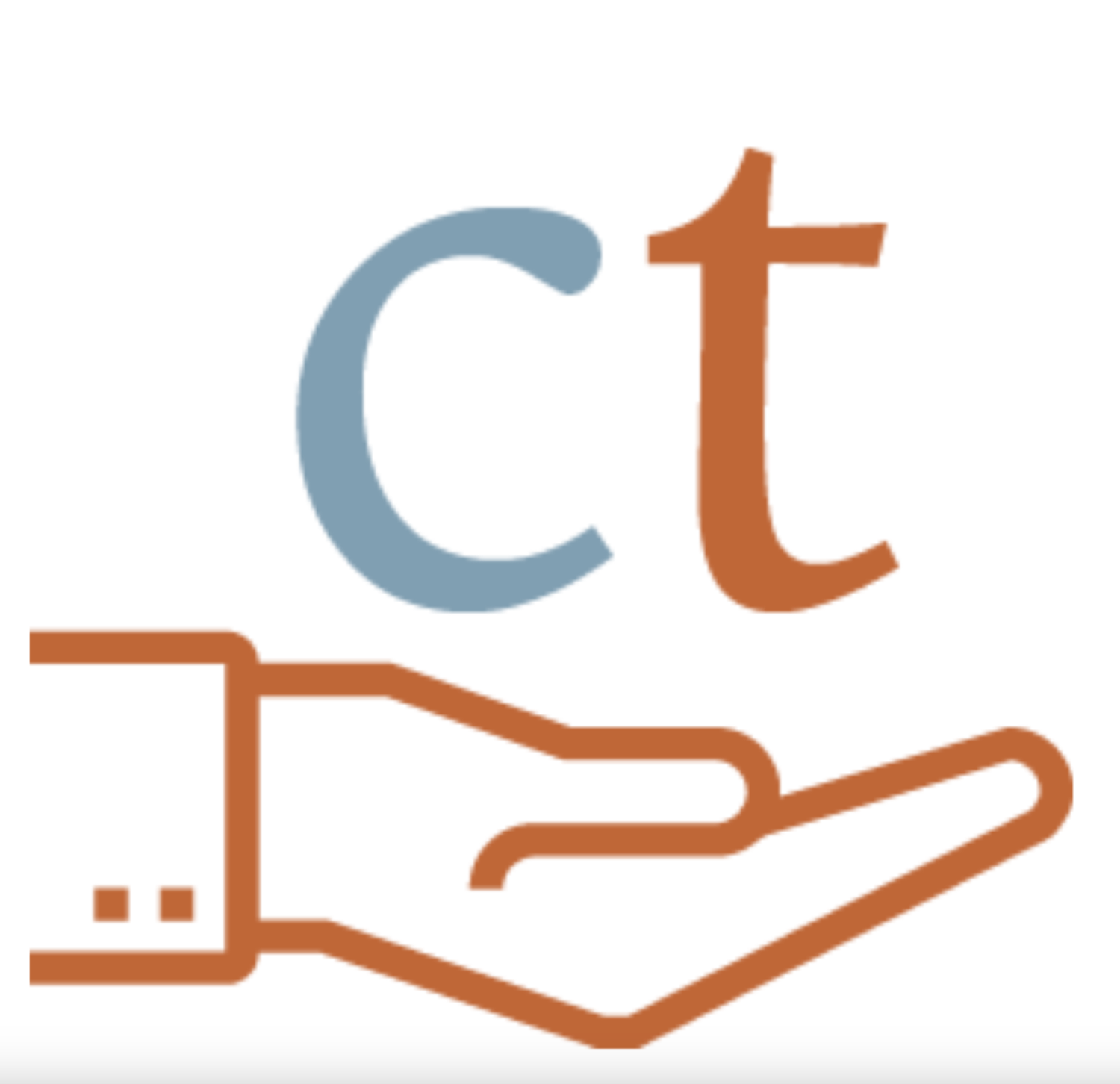PTSD & OCD: Understanding Symptoms and Effective Treatments
What is PTSD and OCD?
Post-Traumatic Stress Disorder (PTSD) and Obsessive-Compulsive Disorder (OCD) are both anxiety-related disorders, but they arise from different causes. PTSD often follows exposure to a traumatic event, while OCD is characterized by intrusive thoughts and repetitive behaviors. However, these two disorders can sometimes coexist, leading to an even more complex experience of anxiety and distress. PTSD and OCD can be challenging to manage, especially when experienced together. However, with the right treatment approach—such as exposure-based therapies, ACT, and appropriate medication—clients can reduce their symptoms and lead fulfilling, meaningful lives.
What is PTSD?
PTSD develops after a client experiences or witnesses a traumatic event, such as violence, natural disasters, accidents, or serious injury. It can cause:
Intrusive memories or flashbacks of the trauma
Nightmares
Hypervigilance
Avoidance of reminders of the trauma
Emotional numbness
Symptoms of PTSD
Re-experiencing: Reliving the trauma through flashbacks or nightmares.
Avoidance: Steering clear of situations, places, or people that remind you of the traumatic event.
Negative Changes in Thoughts and Mood: Persistent negative emotions, difficulty remembering details of the event, and detachment from others.
Arousal and Reactivity: Increased irritability, difficulty sleeping, and being easily startled.
What is OCD?
OCD is a chronic condition characterized by uncontrollable, recurring thoughts (obsessions) and repetitive behaviors (compulsions). Obsessions can include fears of contamination, harm, or making a mistake. Compulsions are behaviors meant to reduce the anxiety caused by these obsessions, like excessive cleaning, checking, or seeking reassurance.
Symptoms of OCD
Obsessions: Intrusive, unwanted thoughts or images that cause significant anxiety or distress.
Compulsions: Repetitive behaviors performed to relieve the distress caused by the obsessions, even when these behaviors interfere with daily life.
How PTSD and OCD Can Intersect
While PTSD and OCD are distinct, clients may experience both disorders simultaneously. For some, OCD can develop as a coping mechanism for trauma. For example, compulsive behaviors may feel like a way to regain control or prevent further harm after a traumatic event.
Alternatively, someone with PTSD may develop intrusive thoughts that overlap with OCD obsessions. The compulsions, in turn, may manifest as a response to these thoughts.
Key Overlapping Features:
Both PTSD and OCD involve intrusive thoughts or mental images that can be distressing.
Both conditions can lead to avoidance behaviors.
The compulsive rituals in OCD may resemble hypervigilant behaviors in PTSD.
Treatment for PTSD and OCD
Both PTSD and OCD can be treated effectively with evidence-based therapies. A treatment plan that addresses both conditions simultaneously is often the most effective.
1. Cognitive Behavioral Therapy (CBT):
CBT is the gold-standard treatment for both PTSD and OCD. It focuses on changing unhelpful thought patterns and behaviors. Specifically, Prolonged Exposure Therapy (for PTSD) and Exposure and Response Prevention (ERP) (for OCD) are key approaches.
Prolonged Exposure Therapy helps clients with PTSD gradually face trauma-related memories and triggers in a controlled environment, reducing the intensity of their emotional responses over time.
Exposure and Response Prevention (ERP) involves exposing clients with OCD to their triggers while preventing the compulsive behaviors, helping reduce the reliance on rituals.
2. Trauma-Focused ACT:
Acceptance and Commitment Therapy (ACT), especially trauma-focused, can help those with both PTSD and OCD. ACT helps patients accept distressing thoughts and feelings without engaging in avoidance or compulsive behavior. It also encourages aligning actions with core values, fostering a meaningful life despite ongoing challenges.
3. Medication:
Selective serotonin reuptake inhibitors (SSRIs) are commonly prescribed for both PTSD and OCD. These medications can reduce symptoms of anxiety and intrusive thoughts, providing relief from the more overwhelming aspects of both conditions.
What to Look for in a Therapist
When seeking treatment for PTSD and OCD, it is crucial to find a therapist who is trained in evidence-based approaches like CBT, ERP, and trauma-focused therapies. A licensed psychologist or therapist with experience in treating co-occurring anxiety disorders will be most equipped to offer comprehensive care.

